Apply Now For Business Funding
Auto repair financing is specifically designed for the special funding needs of automotive repair shops. The auto repair business often requires a significant initial investment for new shops; as well as ongoing capital investments to maintain and upgrade equipment. Aside from the physical equipment such as lifts and compressors, digital diagnostic equipment and electric vehicle repair technology requires significant investments.
The auto repair industry also requires a significant investment in training and certification for mechanics to stay current with changing technology. Auto repair shop owners often will share the costs of training employees to stay competitive as automotive technology evolves at the fastest pace in history.
THE LCF GROUP IS HERE TO HELP
APPROVAL IN AS LITTLE AS 2 HOURS: Our simple, streamlined application requires minimal paperwork so that you can benefit from our fast approvals.
FUNDS AVAILABLE THE NEXT DAY: When we say fast, we mean it. Our team of experts is committed to working with you so that you receive your funds quickly. Most merchants are able to receive same day funding.
LOW ELIGIBILITY REQUIREMENTS: We understand that not everyone has perfect credit. Our low eligibility requirements and the fact that we don’t do a hard credit pull helps more business owners get the funding they need.
FLEXIBLE FINANCING OPTIONS: Your business is unique and so are your needs. That’s why we customize our solution to you.
Any questions? Our Account Managers are available to guide you through the entire process.


